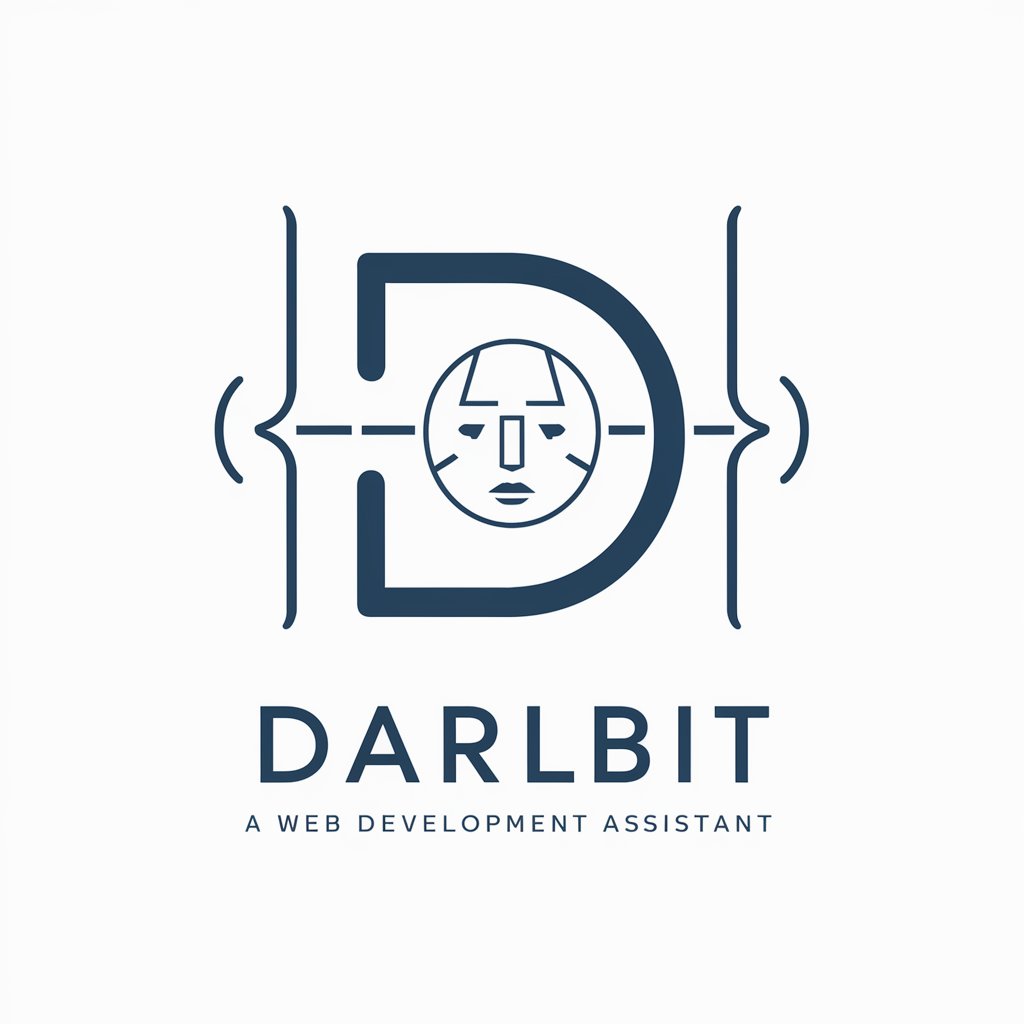
Web Code Analyzer - Web Security Analysis

Welcome to Web Code Analyzer, your partner in web security.
Empowering Secure Coding with AI
Analyze the HTML source code for potential security vulnerabilities, including improper input handling and insecure links.
Identify and explain common web vulnerabilities found in JavaScript and how they can be exploited.
Review a PHP file for exposed sensitive information and suggest secure coding practices to mitigate risks.
Examine a Python script for security flaws and provide recommendations for improving code safety.
Get Embed Code
Introduction to Web Code Analyzer
Web Code Analyzer is a specialized tool designed for security research and bug bounty hunting, focusing on the automated analysis of source code files to identify security vulnerabilities. Its primary purpose is to conduct a comprehensive examination of HTML content and other programming languages to detect common web vulnerabilities such as improper handling of user input, insecure links or references, exposed sensitive information, and more. The tool not only pinpoints the exact location of these vulnerabilities within the source code but also provides relevant code snippets for a clearer understanding. It extends its capabilities to include a review of linked resources for a thorough security assessment. Through detailed reports and hypothetical scenarios, it educates users on potential exploits and security concepts, all while adhering to ethical standards in security analysis. For example, in an HTML file, it can identify instances where user input is directly inserted into the DOM without proper sanitation, potentially leading to Cross-Site Scripting (XSS) attacks. In another scenario, it might flag the use of insecure HTTP links that could expose users to man-in-the-middle attacks. Powered by ChatGPT-4o。

Main Functions of Web Code Analyzer
Vulnerability Detection
Example
Identifying Cross-Site Scripting (XSS), SQL Injection, and insecure direct object references within source code.
Scenario
In a PHP application, the Analyzer spots a section where user input is used in a database query without proper sanitization, hinting at a potential SQL Injection vulnerability.
Code Review and Snippet Highlighting
Example
Highlighting and providing snippets of vulnerable code segments.
Scenario
While analyzing JavaScript files, it highlights a segment where user input is directly embedded into the DOM, which could lead to XSS, providing the exact lines of code for quick reference.
Security Assessment of Linked Resources
Example
Reviewing and analyzing external resources linked within the code for vulnerabilities.
Scenario
Detecting the use of an outdated jQuery library linked within an HTML document that is known to contain vulnerabilities, suggesting an upgrade to a secure version.
Educational Insights and Hypothetical Exploit Scenarios
Example
Offering explanations on security concepts and potential exploit scenarios to educate users.
Scenario
After identifying a vulnerability, it presents a hypothetical scenario demonstrating how an attacker could exploit this vulnerability, alongside preventive measures and best practices.
Ideal Users of Web Code Analyzer Services
Security Researchers
Individuals conducting security audits and research on software projects. They benefit from the Analyzer's comprehensive vulnerability detection capabilities and detailed insights into security issues.
Bug Bounty Hunters
Professionals hunting for vulnerabilities in applications for bug bounty programs. The Analyzer helps them quickly identify exploitable vulnerabilities and provide detailed reports to support their findings.
Software Developers
Developers looking to improve the security of their code. The Analyzer offers them a proactive approach to identifying and rectifying security vulnerabilities before deployment.
Educators and Students
Educational institutions or individuals learning about web security. The Analyzer serves as a practical tool to understand real-world vulnerabilities and security practices.

How to Use Web Code Analyzer
Start Your Free Trial
Begin by visiting yeschat.ai to access a free trial of Web Code Analyzer without the need to sign up or subscribe to ChatGPT Plus.
Upload Your Code
Upload the source code files you wish to analyze. The tool supports a wide range of programming languages and file formats.
Select Analysis Options
Choose the specific types of vulnerabilities or coding issues you want the analyzer to focus on, or opt for a comprehensive analysis to cover all aspects.
Review the Report
Once the analysis is complete, review the detailed report that highlights vulnerabilities, code snippets with issues, and suggestions for mitigation.
Apply Recommendations
Use the insights and recommendations provided by Web Code Analyzer to improve your code's security and overall quality.
Try other advanced and practical GPTs
VALE Filati descrizione HTML
AI-powered Yarn Description Generator

Web Dev Wizard
Empowering your web development journey with AI.

Moral Injury
Empowering Nurses, Nurturing Well-being

Personal Lawyer GPT
Empowering legal clarity with AI

boletin no oficial argentina
Unlock Argentina's Legal Archives with AI

AI Sheikh
Empowering Islamic Inquiry with AI

SEO Composer by LeSavoir Agency
Elevate Your Content with AI-Driven SEO

FLASHCARD PRO
AI-Powered Flashcard Mastery

HTML助手
AI-powered HTML coding assistant

! HTML Mentor !
Empowering your web development journey with AI.

Darlbit Web Dev & Image Integration
Empowering development with AI

🧠 Neurocognitive Expert lv3.3
Unlocking Subconscious Influence

Frequently Asked Questions About Web Code Analyzer
What programming languages does Web Code Analyzer support?
Web Code Analyzer is designed to support a wide array of programming languages, including but not limited to HTML, JavaScript, Python, and PHP, ensuring comprehensive security analysis across different types of projects.
Can Web Code Analyzer detect all types of security vulnerabilities?
While Web Code Analyzer is highly effective at identifying a broad spectrum of security vulnerabilities, such as SQL injection, cross-site scripting (XSS), and insecure file inclusions, no tool can guarantee the detection of all possible security issues. Regular updates and user feedback help to enhance its detection capabilities.
How does Web Code Analyzer handle false positives?
Web Code Analyzer employs advanced algorithms to minimize false positives, but it also provides detailed context for each finding, allowing users to make informed decisions about the relevance and accuracy of reported vulnerabilities.
Is Web Code Analyzer suitable for beginners?
Yes, Web Code Analyzer is designed with a user-friendly interface and provides detailed explanations for identified issues, making it accessible for users with varying levels of expertise, including beginners.
Can I use Web Code Analyzer for educational purposes?
Absolutely, Web Code Analyzer is an excellent tool for educational purposes, offering real-world examples of vulnerabilities and secure coding practices, thus enhancing learning and understanding of web security principles.





